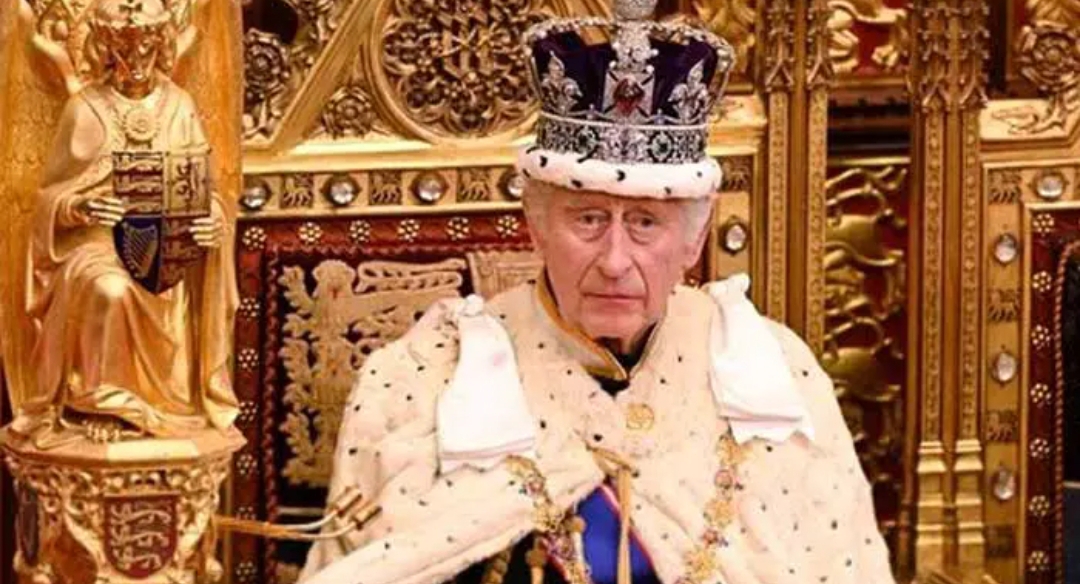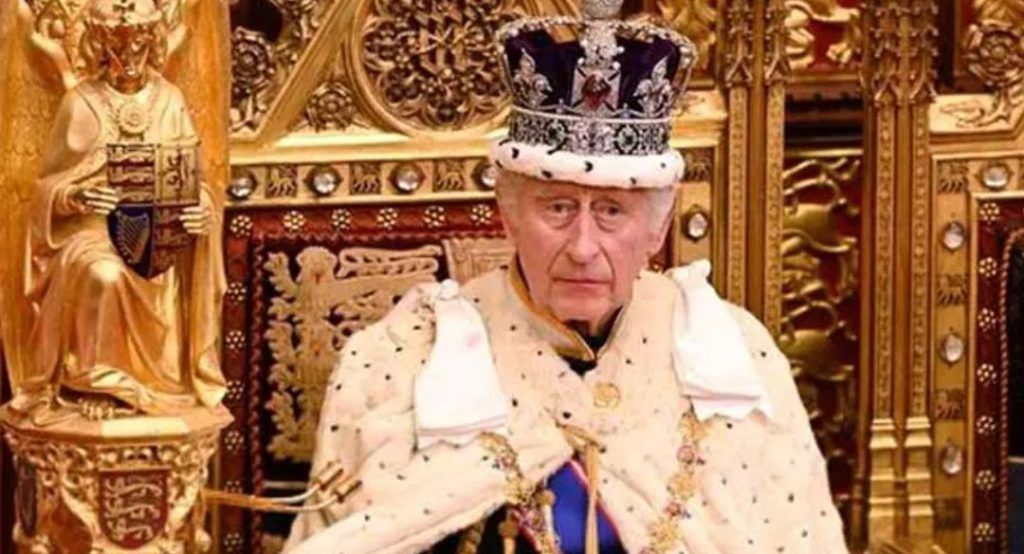
Rumors and speculations are swirling within royal circles as whispers of King Charles preparing to abdicate gain momentum, sparking conversations about the potential shift in the future of the British monarchy. While no official statement has been released, the mere suggestion of such a significant move has captivated the public’s attention and ignited discussions about what this could mean for the monarchy.

As reported by daily Express King Charles ascended to the throne with a sense of duty and continuity, following the reign of Queen Elizabeth II, the longest-reigning monarch in British history. However, recent reports suggest that the 74-year-old monarch might be contemplating stepping down, a move that would make him one of the few British monarchs to abdicate voluntarily.
The prospect of King Charles abdicating has prompted speculation about the reasons behind such a decision. Some insiders suggest health concerns, while others point to the evolving expectations and dynamics within the royal family. Abdications are rare in British history, with the most notable example being King Edward VIII, who abdicated in 1936 to marry Wallis Simpson.
The potential abdication of King Charles raises questions about the line of succession and who would assume the throne next. Prince William, the Duke of Cambridge and King Charles’s eldest son, would be the natural successor. As the future king, Prince William and his family have become increasingly visible in royal engagements, preparing for an eventual transition to a new era.
The impact of King Charles’s abdication on the monarchy’s public perception is another point of discussion. Queen Elizabeth II’s reign has been marked by stability and continuity, and any shift in leadership naturally draws attention. The public, accustomed to the Queen’s steady presence, may view an abdication as a significant departure from tradition.
Constitutional experts weigh in on the potential abdication, highlighting the delicate balance between tradition and adapting to modern expectations. While the monarchy holds a symbolic and historical role, it also navigates contemporary challenges, including public scrutiny and evolving attitudes towards the institution. The abdication of King Charles, if it occurs, would be a testament to the monarchy’s ability to adapt to changing times.
The last abdication in the British monarchy, that of King Edward VIII, had profound implications for the royal family. It led to the eventual ascension of Queen Elizabeth II and shaped the trajectory of the monarchy in the latter half of the 20th century. A potential abdication by King Charles could similarly influence the course of the monarchy in the 21st century.
As discussions about King Charles’s potential abdication continue, the royal family remains a focal point of public interest. The British monarchy, with its rich history and traditions, has weathered numerous challenges, adapting to societal changes and maintaining its relevance. A voluntary abdication by King Charles would mark a significant chapter in this ongoing narrative of adaptation and continuity




